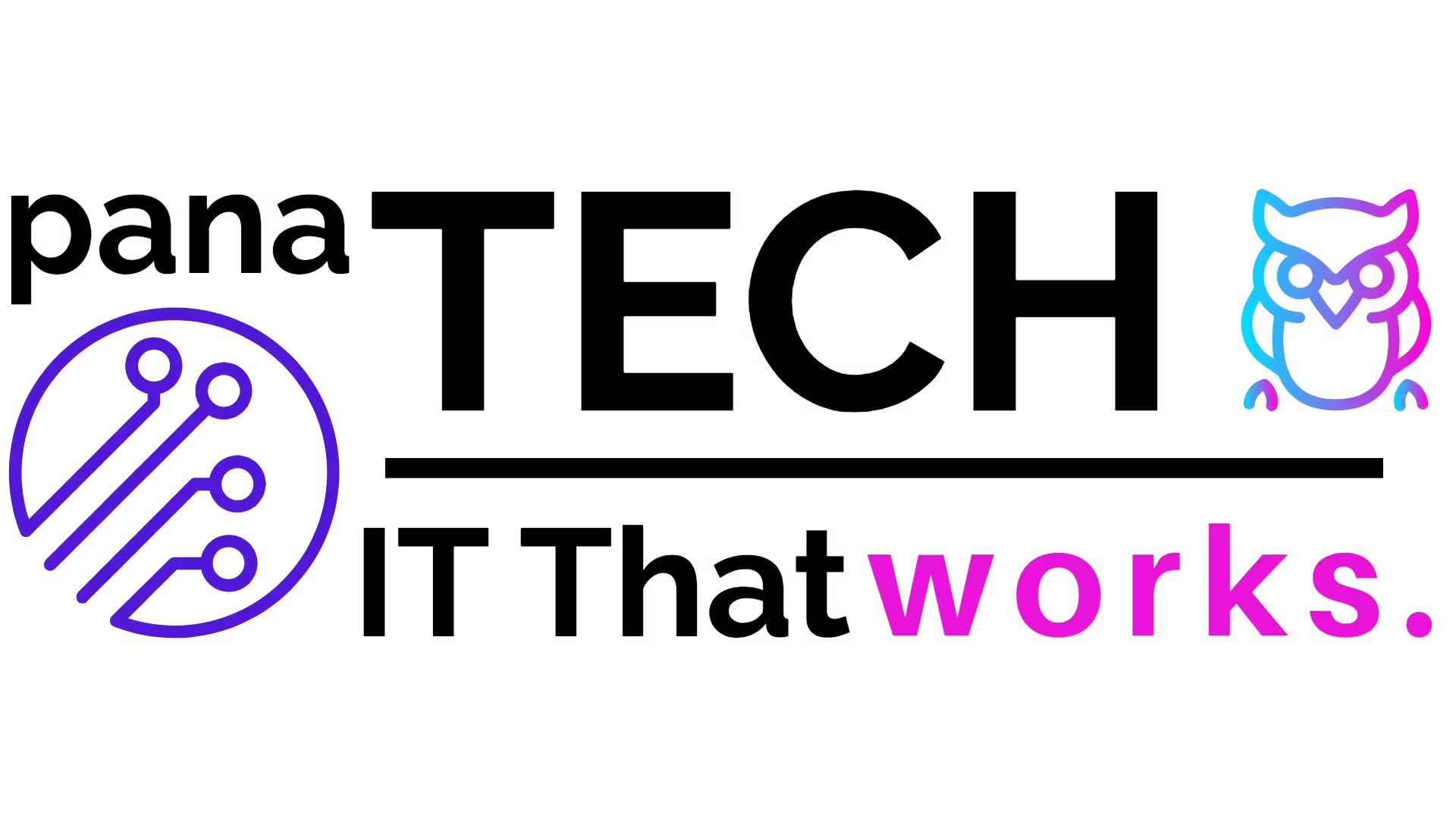It’s great to see that today’s healthcare sector is accelerating with digital transformation. From EHRs (Electronic Health Records) to cloud-based management of patient data, IT has become the central nervous system of healthcare.
A recent study reveals that approximately 85% of care facilities have started using cloud-based services for data analysis, backup, and disaster recovery. It represents that the digital transformation in healthcare is evolving rapidly.
But this technology shift also brings new challenges for healthcare facilities, like accessing timely patient information, managing billing, security risks, meeting regulatory compliance, and more. Here, managed IT services provide expert guidance and solutions for smooth healthcare operations.
What Are Managed IT Services for Healthcare?
Managed IT services for healthcare involve outsourcing trusted experts to help them ease their work in this tech-driven world. Without hiring an in-house IT team, businesses can improve their work efficiency and get constant tech support.
There is a lot of data and systems to manage in a healthcare system. Instead of doing it all internally, care facilities can give their IT tasks to a skilled third-party company known as an MSP ( managed service provider).
A reliable MSP offers a wide range of services, including IT infrastructure management, business consulting, cybersecurity, help desk support, and data recovery solutions. This partnership helps care facilities to focus more on patient care and enhance productivity.
Key IT Challenges Facing Healthcare Facilities
Healthcare faces many IT challenges when it comes to building an in-house team, following strict compliance demands, and meeting growing patient expectations.
Rising IT Costs
Modern healthcare runs on digital infrastructure, but that comes at a cost. Handling different software platforms, patient data of patients, billing tools, and communication systems demands a high cost. Healthcare managed IT services are a great option because of the affordable pricing model and trusted services.
HR & Staffing Issues
It’s hard to hire and retain qualified IT staff in healthcare. With rapid tech evolution, even existing teams struggle to keep up. IT services in healthcare help solve this issue by giving providers access to experts who stay updated with the latest tech.
Compliance & Security Enterprises
Strict regulations like HIPAA, HITECH, & GDPR mean providers must secure patient data at all times. Non-compliance could lead to huge financial and reputational losses. Healthcare managed IT services bring in the knowledge and tools demanded to stay secure every time.
Evolving Patient Expectations
Patients nowadays expect digital-first experiences. They highly prefer online appointments, real-time access to their records, secure communication, and telehealth visits. Meeting these growing expectations requires care facilities to have reliable and integrated IT systems.
How Managed IT Services Meet Healthcare’s Needs
Managed IT solutions are designed to address the industry’s unique needs of urgency, regulation, and complexity. They provide 24/7 help desk support for cybersecurity, cloud storage, and disaster recovery. These services create a tech backbone that healthcare providers can rely on every day. Let’s examine how they help-
IT Infrastructure Management
MSPs take full control of your IT ecosystem, managing servers, networks, databases, and devices. The expert team proactively maintains systems, identifies issues early, and upgrades a healthcare infrastructure regularly to prevent downtime.
Cybersecurity That Protects What Matters
Healthcare data is a top target for hackers; that’s why security is non-negotiable. MSPs deploy strong firewalls, encryption, threat detection, and real-time monitoring. This ensures healthcare IT services meet the highest security standards.
24/7 Help Desk Support
Things go wrong anytime- systems can crash, apps freeze, passwords get lost. Round-the-clock IT support keeps operations moving. Whenever healthcare needs help in logging into the EHR or patients need assistance, MSPs are always ready to help.
Backup & Disaster Recovery
At the time of a cyberattack or a natural disaster, health care IT services ensure data is backed up and easily recoverable anytime. This means no lost files, no operational shutdown, and complete peace of mind.
Consulting & Technology Strategy
Beyond daily support, MSPs help healthcare organizations develop and refine long-term IT strategies. They offer consulting solutions to help select the right hardware, software, or cloud solutions. They create strategic plans to scale your tech with your practice.
How Do Managed IT Services Work in Healthcare?
Want to know how managed IT works for healthcare? It’s a strategically designed process that includes monitoring, maintenance, security, and support. These steps are important to keep your system updated, secure, and working. Let’s have a detailed look at the entire process.
Continuous Monitoring
Your IT team will regularly monitor servers, applications, and network traffic. This helps in identifying issues before they become big problems. Whether it’s an overloaded server or outdated software, it’s handled incontinently.
Routine Maintenance
Regular software patches, antivirus updates, and hardware checks are part of the package. This reduces downtime, improves system performance, and extends the life of your IT infrastructure.
Proactive Security
With cyberattacks on the rise, security isn’t a one-time setup. MSPs offer 24/7 monitoring, intrusion detection, and real-time alerts to protect sensitive healthcare data.
Quick Issue Resolution
MSPs offer multiple help desks, like general IT, clinical, and patient support. It ensures business continuity and a smooth experience for everyone.
Major Advantages of Managed IT in Healthcare
The benefits of healthcare managed IT services are too many to explain. Let’s explore the top of them.
Data Security & Regulatory Compliance
With data encryption, constant monitoring, and adherence to HIPAA and HITRUST norms, MSPs help avoid expensive. It’s like having your cybersecurity expert team available 24/7.
Enhanced Operational Efficiency
Healthcare providers can free themself completely from the work of managing IT issues and downtime. Processes become easier, data flows efficiently, and staff spend less time wrestling with technology.
Round’O- Clock Support & Minimal Downtime
With 24/7 support, outages and disruptions are resolved quickly. It allows anyone to access critical systems like EHRs and telehealth platforms. This “always-on” approach keeps care facilities running all the time and provides quality care.
Faster, Safer Access to Patient Records
Modern managed IT services leverage cloud technologies for secure, rapid access to patient information from anywhere. This accelerates diagnosis and treatment decisions, supporting better clinical outcomes and smoother patient experiences.
Scalable Solutions
Practices grow and needs change regularly. IT services scale accordingly to upgrade a healthcare system with technology. This flexibility ensures technology never becomes a bottleneck.
Where to Get the Best Managed IT Services?
Your choice of MSP is as critical as deciding on your EHR system. pannaTECH Solutions stands out here by delivering complete technology support and solutions. Explore what makes panaTECH unique.
- Deep experience in the healthcare sector
- Full compliance with HIPAA and others
- Innovative security solutions
- Scalable services that grow with your requirements
- Reliable service-level agreements
- Cutting-edge tools & technology use
Conclusion
Healthcare today is inseparable from technology. Keeping pace with digital transformation is crucial for healthcare excellence, regulatory compliance, and patient satisfaction.
Managed IT services offer medical providers an effective way to reduce risks, control costs, and unlock innovation. Selecting a trusted MSP like panaTECH helps organizations to get expertise, security, and reliability in one place.






